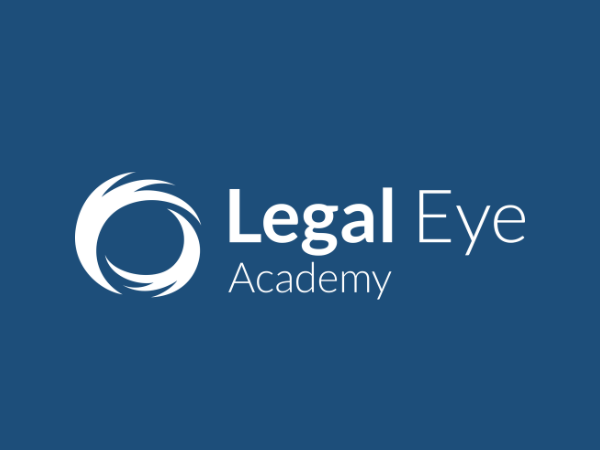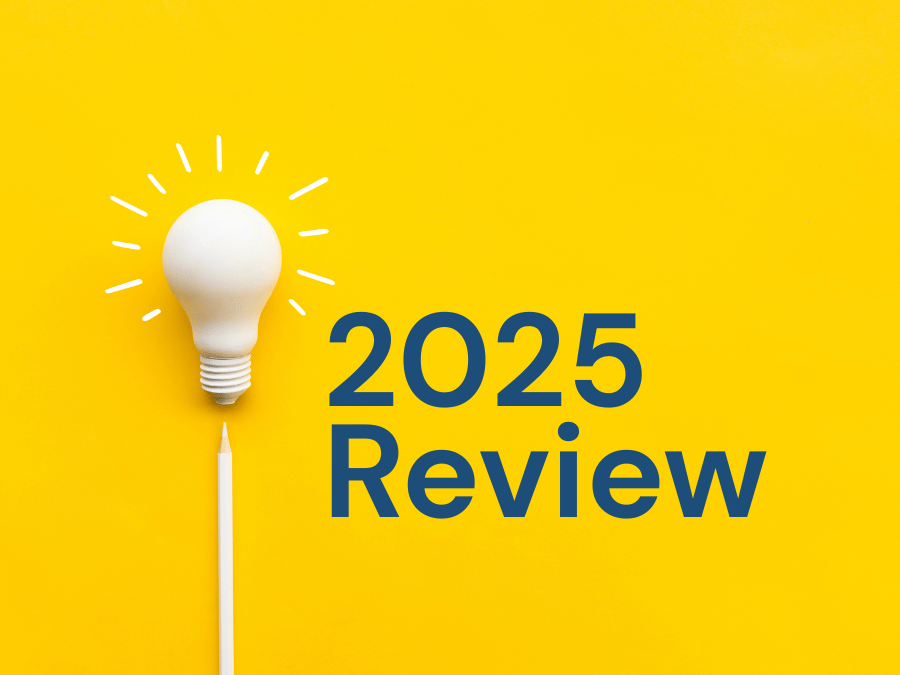Artificial intelligence (AI) is transforming the legal profession. From automating mundane tasks to providing sophisticated analytics, we are just beginning to understand the potential implications.
AI can sift through vast amounts of data to identify patterns, predict outcomes, and offer insights that would be all but impossible to achieve manually. AI’s capability is reshaping how law firms operate, how legal decisions are made, and how justice is administered. So much so that, according to one recent study, the legal sector is the industry most likely to be impacted by AI.
How AI is being used in the legal sector
Modern law firms are already harnessing AI in several innovative and practical ways, for example:
- Firms are using document review tools to leverage machine learning algorithms to review, analyse, and categorise legal documents automatically. AI can identify key clauses, flag potential risks, and ensure compliance with regulatory standards.
- Firms are using predictive analytics to forecast case outcomes and inform litigation strategies. These tools assist lawyers in making data-driven decisions about whether to settle or proceed with litigation.
- AI is enhancing client interaction and service delivery through virtual legal assistants and chatbots that answer common client queries and provide basic legal information. This not only improves efficiency but also ensures that clients receive prompt and accurate information, enhancing overall client satisfaction.
- Law firms are using RegTech to navigate complex regulatory environments. These AI systems continuously monitor changes in legislation, analyse compliance data, and provide alerts on potential regulatory breaches. This proactive approach helps firms maintain compliance, reduce the risk of penalties, and stay ahead of evolving legal requirements.
- Firms are using AI to quickly analyse large quantities of data and identify patterns that may indicate suspicious activity that should be flagged to a compliance professional. For example, clients are screened against adverse media, sanctions, watchlists, and politically exposed persons, making AI particularly useful when striving for AML compliance.
Are we there yet?
Not quite. Last year, two New York lawyers blamed ChatGPT for tricking them into including fictitious legal research in a court filing. Closer to home, a litigant in person presented fictitious submissions in a Manchester civil court based on answers provided by an AI tool. And, while not related to the law, the potential dangers of un-edited AI became clear when Google AI suggested adding glue to pizza sauce in response to a question about cheese not sticking to pizza. And, while AI is hallucinating less (producing highly plausible but incorrect results), there is still a way to go.
AI’s true potential is best realised when supported by humans. AI excels in handling repetitive tasks, identifying patterns, and providing data-driven insights, but it lacks the nuanced understanding, ethical judgment, and emotional intelligence that actual lawyers bring to the table. But, by combining AI’s efficiency and analytical power with the strategic thinking, empathy, and expertise of human lawyers, AI can handle the heavy lifting – while humans get on with delivering the high-value, nuanced legal counsel that clients rely on.
AI compliance for lawyers
The growing adoption of AI brings new regulatory challenges and compliance risks that lawyers must navigate. As the integration of artificial intelligence into the legal sector accelerates, a robust understanding of AI is essential to ensure that firms adhere to existing and emerging laws and regulations and mitigate potential legal liabilities.
The SRA is keenly aware of the implications of AI and has produced updated guidance to address the unique challenges posed by the technology. The regulator’s latest Risk Outlook looks at how AI is impacting legal services, current and potential future developments, and what firms may need to think about to assess if and how they might be affected. According to the SRA, the key risks to consider are:
- Accuracy and bias problems can cause AI to produce incorrect and possibly harmful results.
- Maintaining client confidentiality when using AI. This means protecting against exposure to third parties and ensuring sensitive information is secure both in the firm and when dealing with system providers.
- Remembering that solicitors remain accountable to clients, whether or not external AI is used.
In addition to the SRA’s advice, the UK’s National AI Strategy aims to create a framework for the ethical and responsible use of this technology. And the Information Commissioner’s Office has also provided guidance on AI and data protection under the UK GDPR.
By staying informed about the latest guidance, regulations and best practices, lawyers can comply with legal standards and ethical norms, safeguard the rights of their clients, and avoid costly fines and reputational damage.
At Legal Eye, we provide sound advice and practical solutions to help our legal clients minimise risk when leveraging AI for improved client service and productivity. Call us today on 020 3051 2049 to find out how we can help.
 (0)20 3051 2049
(0)20 3051 2049




